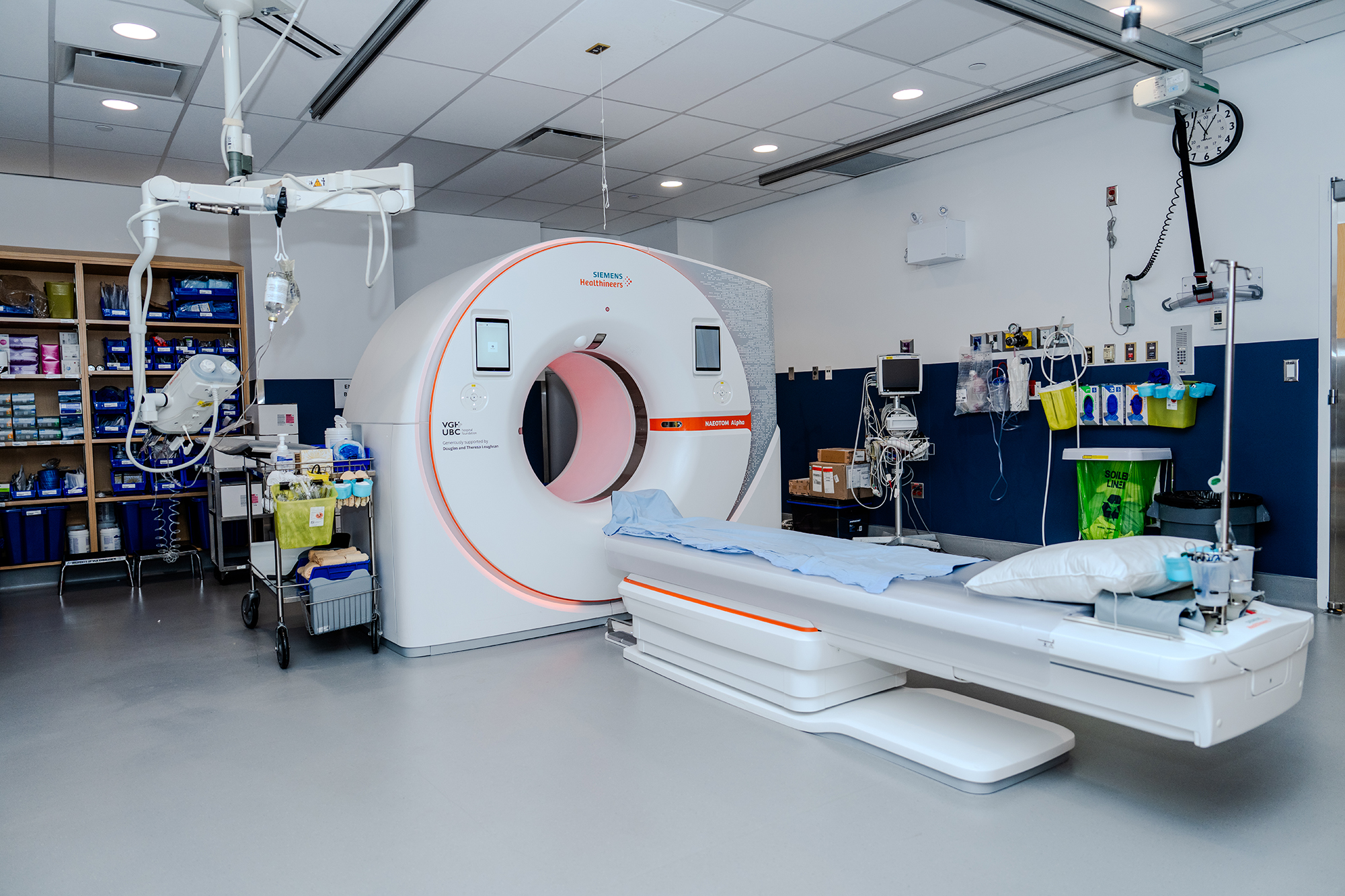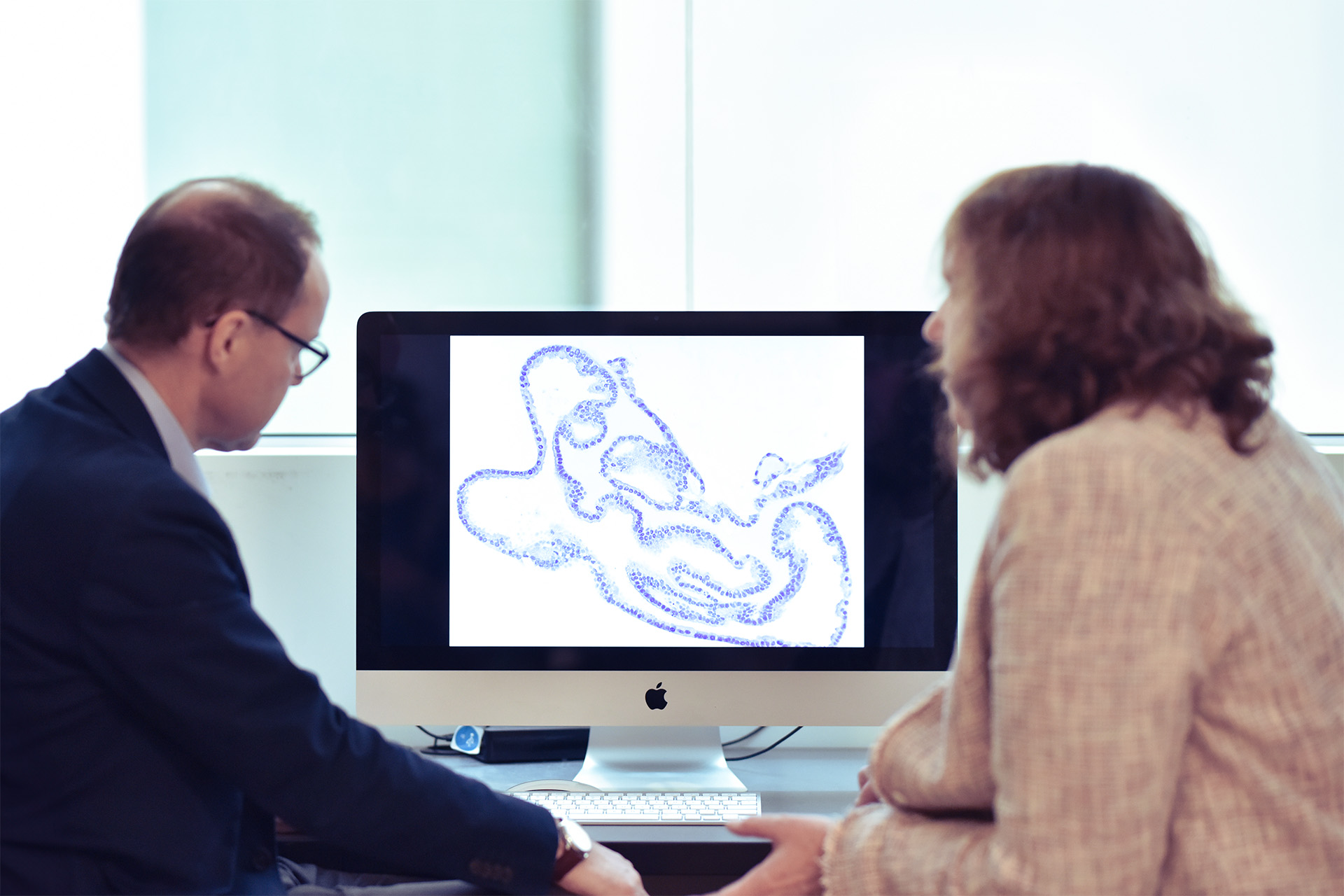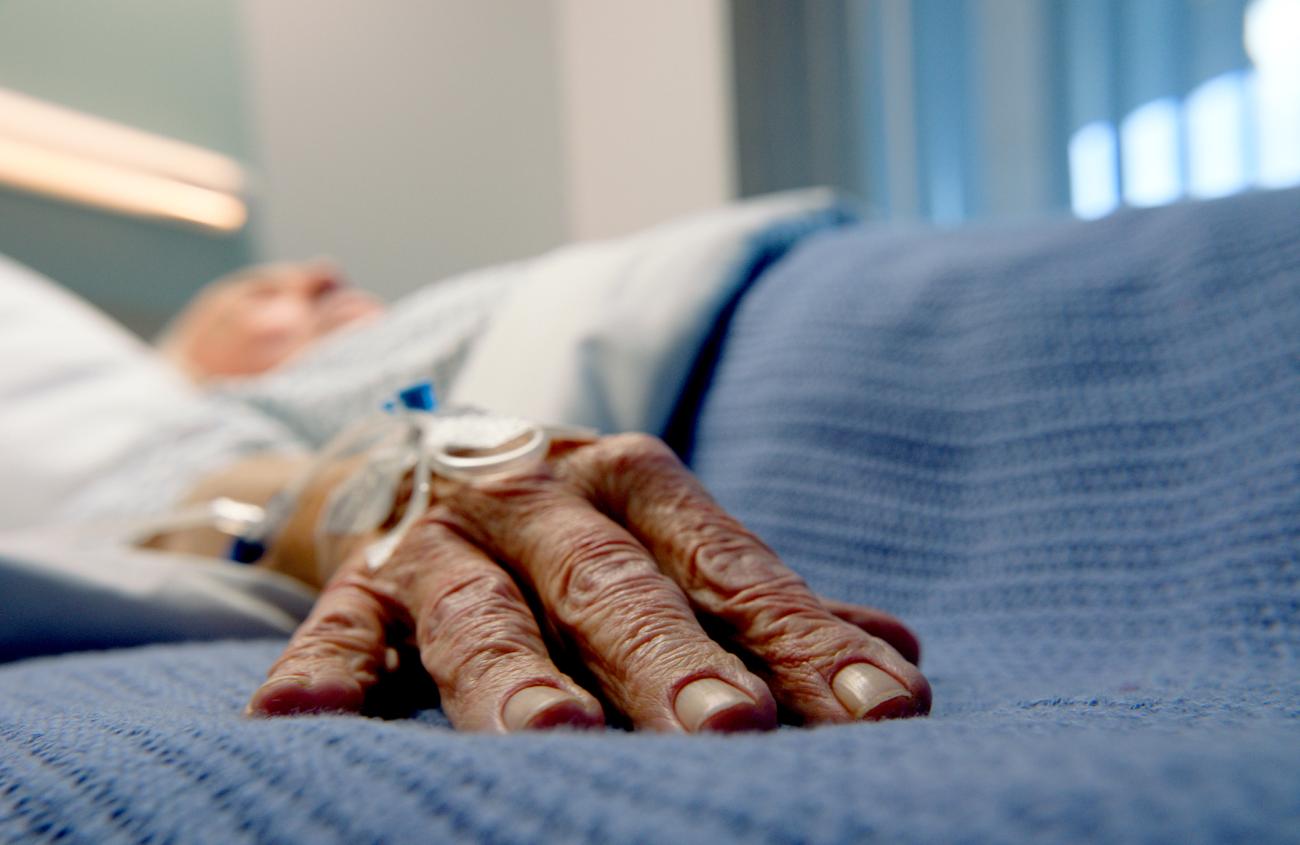Researchers with the Ovarian Cancer Research (OVCARE) program are using an innovative microscope to unravel the genetic changes that give rise to ovarian cancers and pinpoint when in the development of these cancers they begin to change and become dangerous.
The laser capture microdissection (LCM) system allows OVCARE researchers to capitalize on the team’s genomic prowess and helps accelerate the world leading ovarian cancer prevention program developed by VGH surgeon Dr. Dianne Miller. Much of this research requires the study of precursor lesions, which is difficult with standard techniques as these lesions are extremely small. The state-of-the art microscope enables the team to effectively isolate the cells of interest from the remaining cells in the tissue sample. This was an impossible task until the LCM was created.
“The LCM enables us to look for the genetic changes in individual or small numbers of cells that mark the beginning of cancer. We believe that understanding how cancer starts will lead to better prevention and treatment strategies. In our research the system is critical in determining whether we can use mutations as screening tools for ovarian cancer and when a woman should be considered at increased risk.” Dr. David Huntsman, Co-Director, OVCARE, VGH, BCCA
More than 2,500 Canadian women are diagnosed with ovarian cancer annually; more than 1,700 die because of it. The LCM also benefits pancreatic cancer researchers to access molecular markers in bloodstreams, bypassing the need for surgical study. Understanding these lesions is key to developing a preventative approach.
Thank you to donors David and Darrell Mindell, Peter and Shelley O’Sullivan and the Jemini Foundation for helping fund the new LCM System.[:zh]Researchers with the Ovarian Cancer Research (OVCARE) program are using an innovative microscope to unravel the genetic changes that give rise to ovarian cancers and pinpoint when in the development of these cancers they begin to change and become dangerous.
The laser capture microdissection (LCM) system allows OVCARE researchers to capitalize on the team’s genomic prowess and helps accelerate the world leading ovarian cancer prevention program developed by VGH surgeon Dr. Dianne Miller. Much of this research requires the study of precursor lesions, which is difficult with standard techniques as these lesions are extremely small. The state-of-the art microscope enables the team to effectively isolate the cells of interest from the remaining cells in the tissue sample. This was an impossible task until the LCM was created.
“The LCM enables us to look for the genetic changes in individual or small numbers of cells that mark the beginning of cancer. We believe that understanding how cancer starts will lead to better prevention and treatment strategies. In our research the system is critical in determining whether we can use mutations as screening tools for ovarian cancer and when a woman should be considered at increased risk.” Dr. David Huntsman, Co-Director, OVCARE, VGH, BCCA
More than 2,500 Canadian women are diagnosed with ovarian cancer annually; more than 1,700 die because of it. The LCM also benefits pancreatic cancer researchers to access molecular markers in bloodstreams, bypassing the need for surgical study. Understanding these lesions is key to developing a preventative approach.
Thank you to donors David and Darrell Mindell, Peter O’Sullivan and the Jemini Foundation for helping fund the new LCM System.
Share this:


